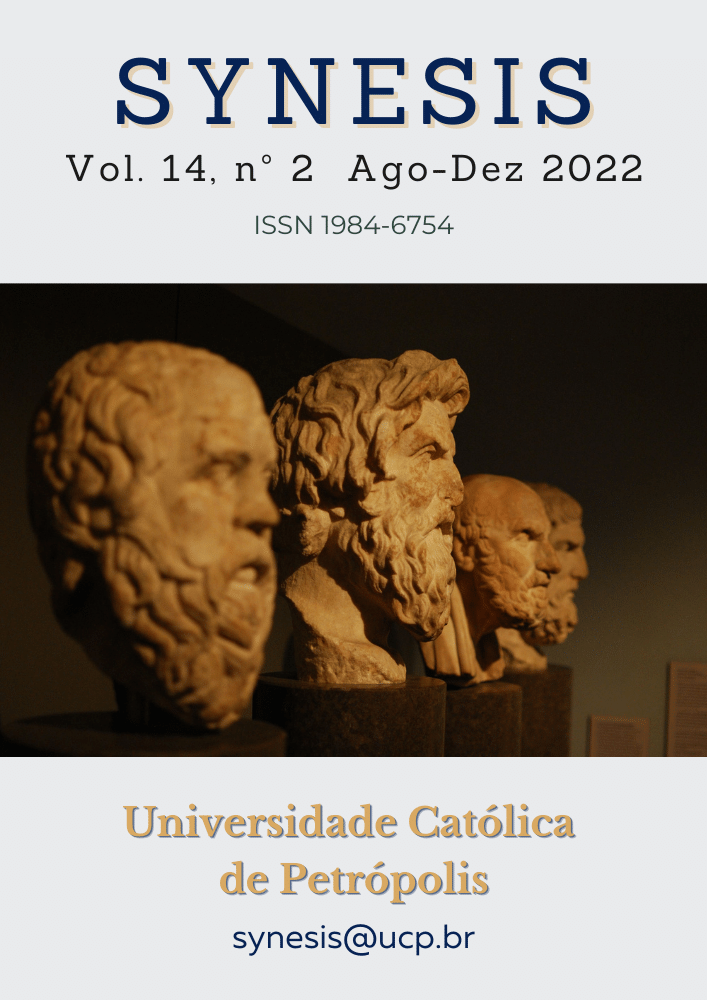Resumo
No artigo, os autores examinam as obras do clássico da literatura do Azerbaijão Imadeddin Nasimi (1369-1417) através do prisma da teoria de Nikolai Konrad. Ele afirmou que a Renascença como era cultural teve origem e se desenvolveu primeiro na literatura asiática e depois floresceu na Europa. As características dominantes da cosmovisão renascentista, sua manifestação nas literaturas européias e asiáticas são determinadas. Nasimi era um apologista proeminente do Hurufismo, promovido por meios literários, mas sua obra era muito mais ampla do que a popularização dos ensinamentos de Hurufite e tinha um significado universal. A interpretação das obras de Nasimi mostra que sua glorificação de um ser humano, o reconhecimento da piedade, as intenções nacionais, a criatividade na língua nativa do Azerbaijão, juntamente com a língua 'livro' do Farsi, reforça o autoconhecimento, a síntese da fé com dúvidas pessoais, o culto aos sentimentos (amor) dando motivos para que a obra de Nasimi se enquadre organicamente no contexto da cultura renascentista. Estas características determinam a grandeza e a genialidade da poesia de Imadeddin Nasimi.
Referências
Akhundova, P. (2019). Poetry of eternal truth // Nasimi S. “And I set myself on the path of Truth…”: selected poems. Kyiv: Summit-Book, 11-30.
Braginsky, I. (1966). 12 miniatures. Moscow: Fiction.
Chystiak, D. (2019). In search of living names. In Nasimi S. “And I set myself on the path of Truth…”: selected poems. Kyiv: Summit-Book, 5-10.
Fry, R. (2002). The Legacy of Iran. Moscow: Vostochnaya literature.
History of world literature: in nine volumes. 1985. Volume 3. Moscow: Nauka.
Konrad, N. (1972). West and East: articles. Moscow: Nauka.
Metz, A. (1973. Muslim Renaissance. Moscow: Nauka.
Murivatov, K. (2019). Tajiks - the people of poetry. In The people of Kyrgyzstan in a single family / Ed. V. Narozya. Bishkek, 261–266.
Nalyvaiko, D. (a1998). Through the eyes of the West: the reception of Ukraine in Western Europe XI-XVIII centuries. Kyiv: Osnovy.
Nalyvaiko, D. (b2008). Through the eyes of the West: the reception of Ukraine in Western Europe XI-XVIII centuries. Kyiv: Gramota.
Nalyvaiko, D. (c1998). Commonality and originality: Ukrainian literature in the context of the European literary process. Kyiv: Dnipro.
Nasimi, S. (2019). “And I set myself on the path of Truth…”: selected poems. Kyiv: Summit-Book.
Pamuk, O. (2012). The Black Book. Kharkiv: Folio.
Riftin, B. (1974). Typology and relationships of medieval literature (instead of introduction) // Typology and relationships of medieval literature of East and West. Moscow: Nauka.
Samarin, R. (1974). “... This honest method”: On the history of realism in Western European literature. Moscow: Nauka.
Sufism in Azerbaijan. (2011). [Electronic resource]. - Access mode: https://wayter.wordpress.com/2011/03/26/суфизм-в-азербайджане. - Accessed 03.04.2020.
Zhirmunsky, V. (1979). Alisher Navoi and the problem of the Renaissance in the literature of the East // Comparative Literature. Leningrad: Nauka, 174–185.
Zhirmunsky, V. M. (1979). Comparative Literature: East and West: Selected Works. Leningrad: Nauka, Leningradskoe otdelenie.

Este trabalho está licenciado sob uma licença Creative Commons Attribution-NonCommercial-NoDerivatives 4.0 International License.
Copyright (c) 2022 Synesis (ISSN 1984-6754)

